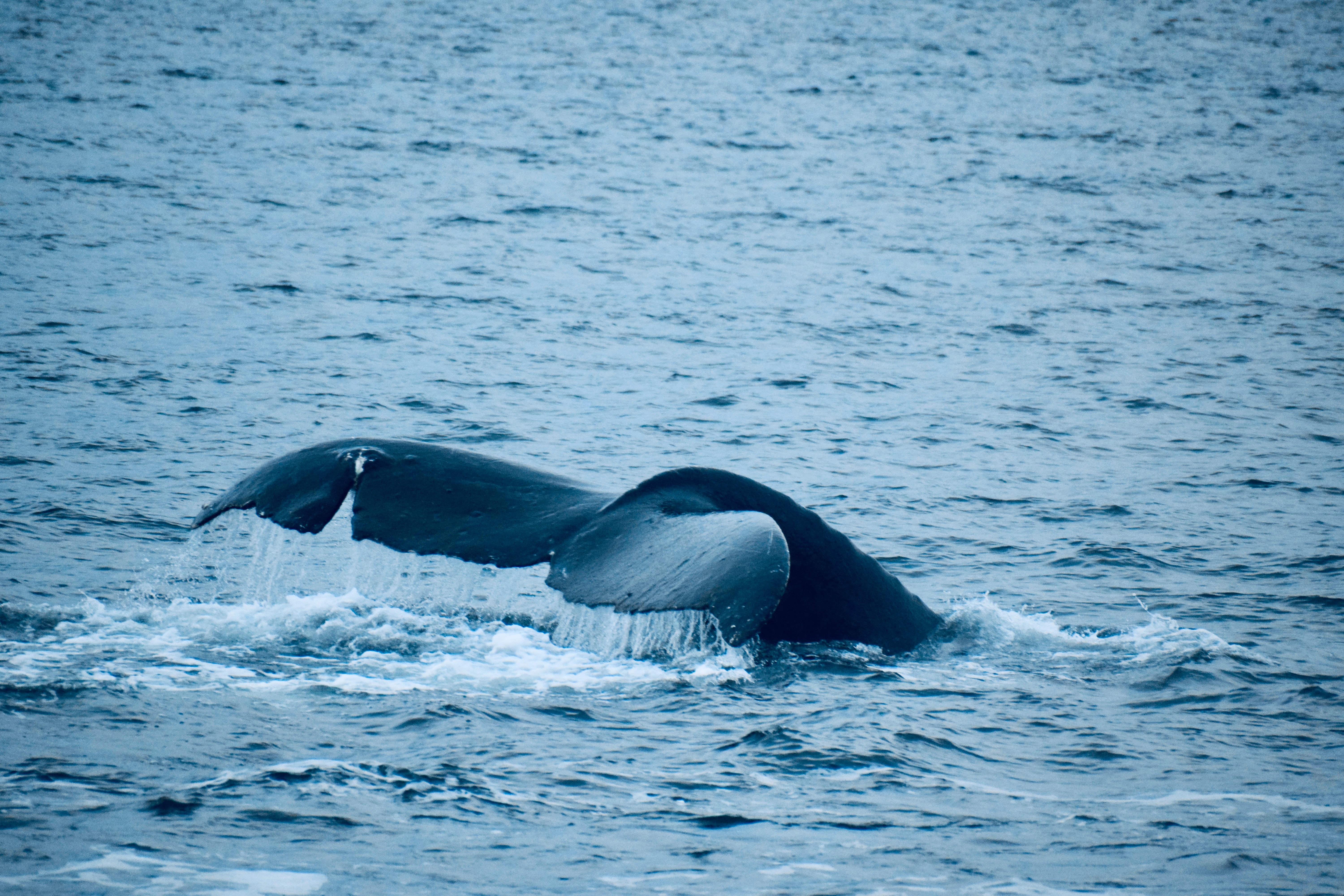News release
From:
The Royal Society
Animal whale-fare - This study provides the first practical indicators for assessing welfare and likelihood of survival in stranded cetaceans. Questionnaires completed by international and interdisciplinary experts found indicators for assessing welfare and survival likelihood at strandings included: body and skin condition, signs of physical trauma and respiration rate. Due to climate change and human disturbance, cetacean stranding events are predicted to increase globally, and management decisions should be informed by survival post-refloating and animal welfare status.
Journal/
conference:
Royal Society Open Science
Organisation/s:
Massey University
Funder:
This manuscript is part of the Ph.D. research of Rebecca M Boys. Rebecca M Boys was supported by an Association of Commonwealth Universities Doctoral Scholarship, K.A.S. was supported by a Royal Society Te Apārangi New Zealand Rutherford Discovery Fellowship (2019–2024). The research was additionally supported by Animal Ethics Inc. Research Grant USA, Wildbase Research Trust Fund New Zealand, New Zealand Veterinary Association Marion Cunningham Memorial Fund Grant and Animal Behaviour Society Amy R Samuels Grant USA. The funders had no involvement in study design, data collection, analysis or interpretation, or in the writing of the article.



 New Zealand
New Zealand


